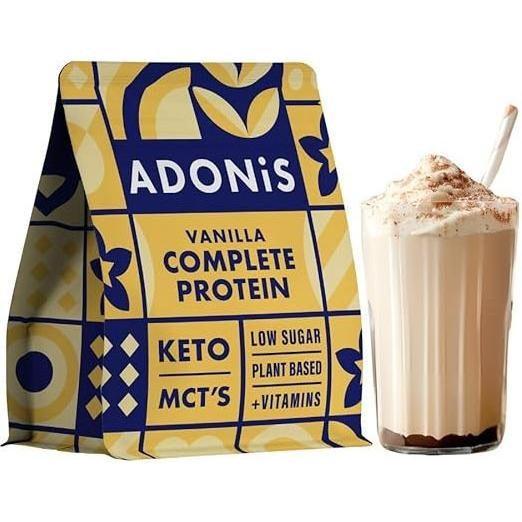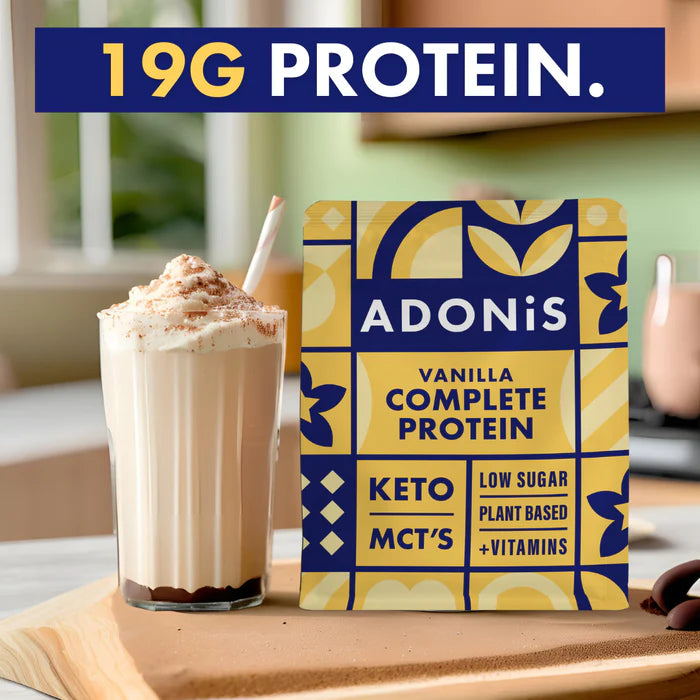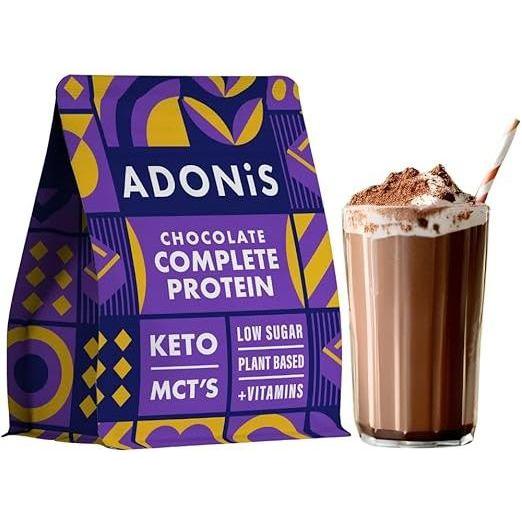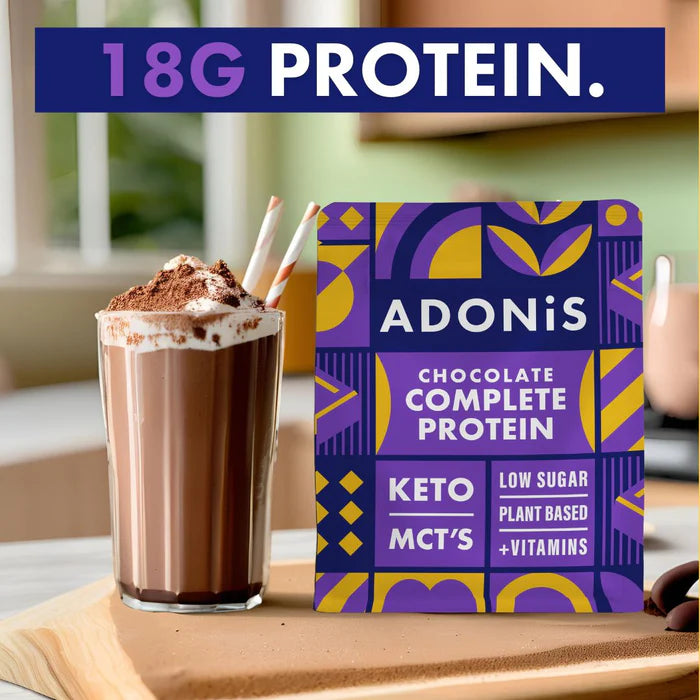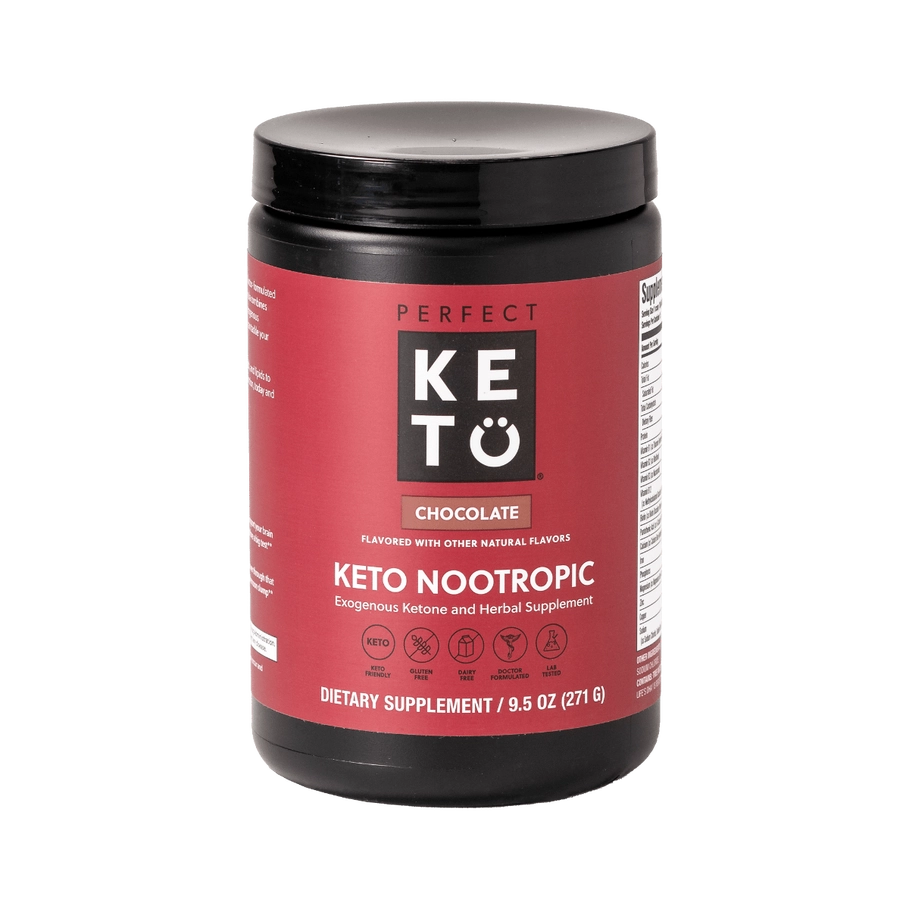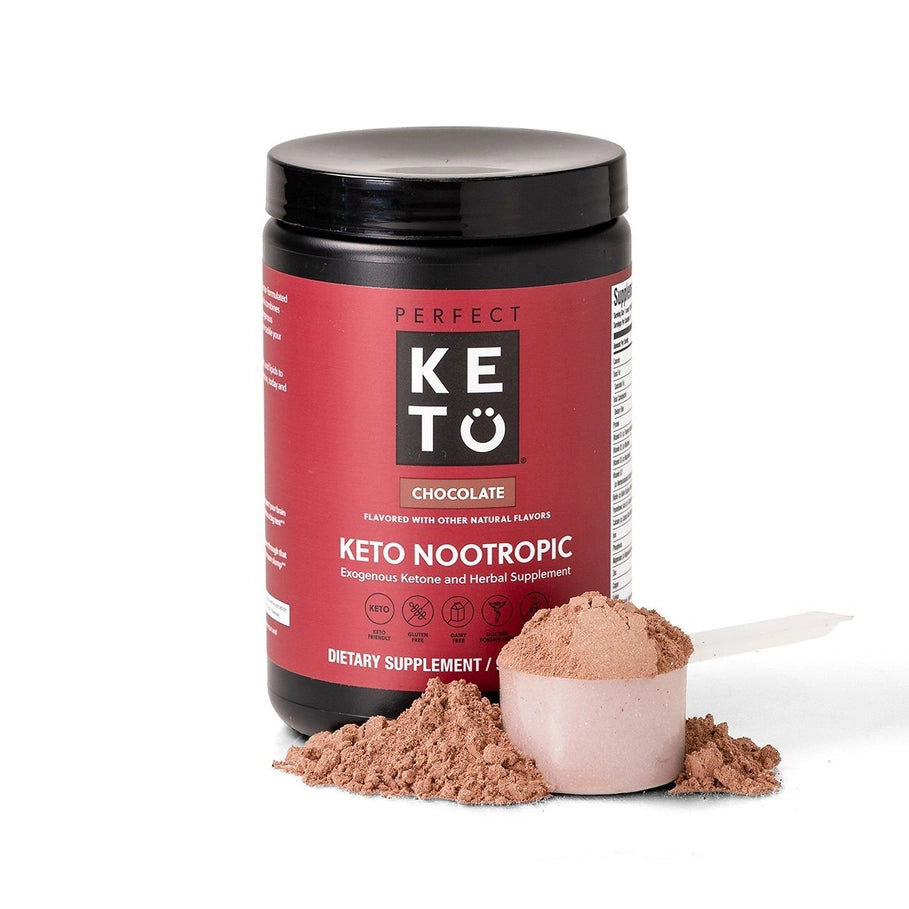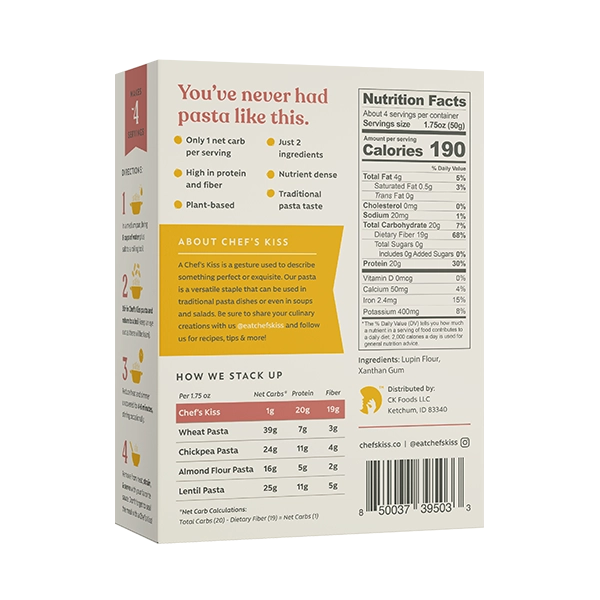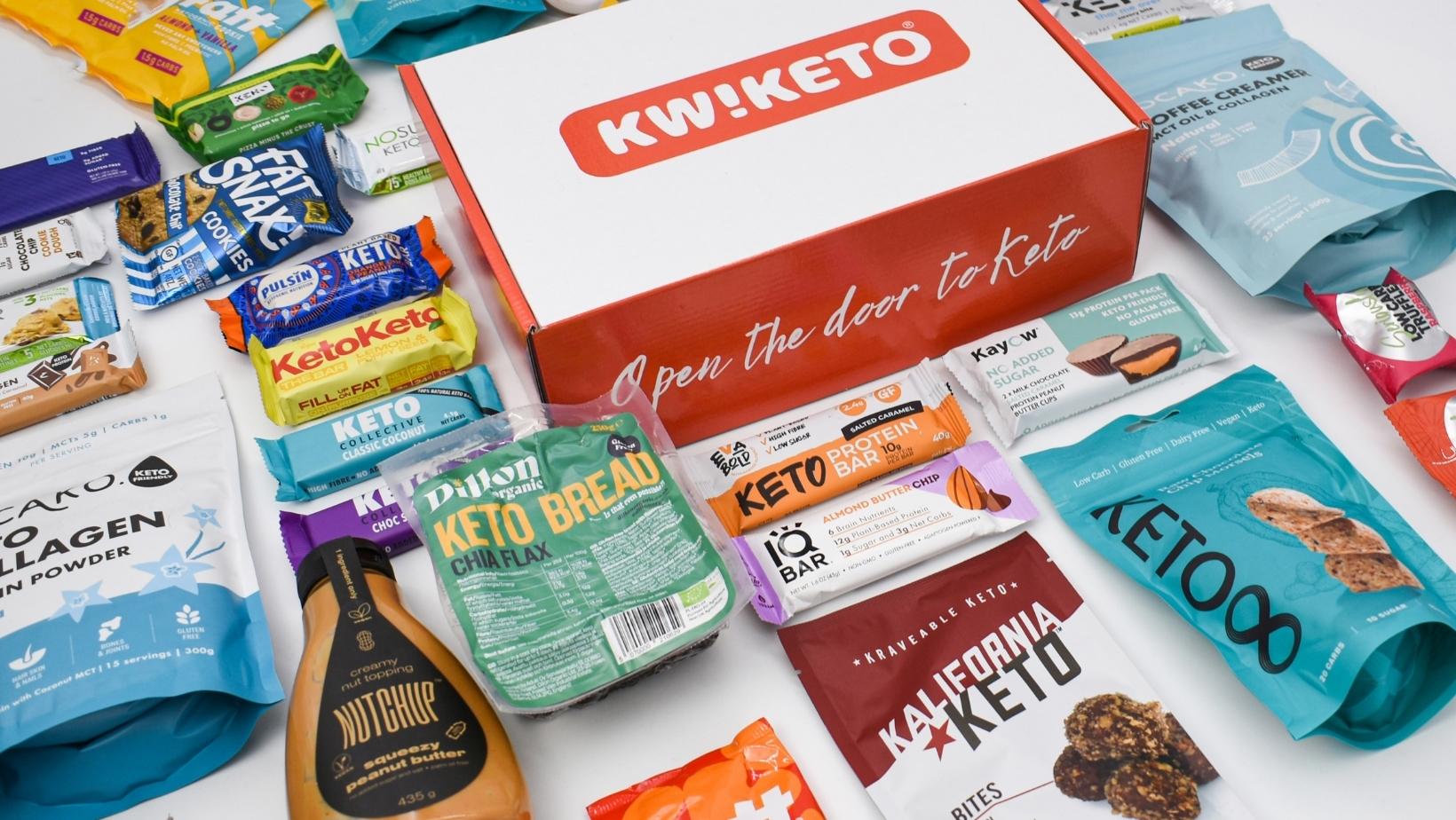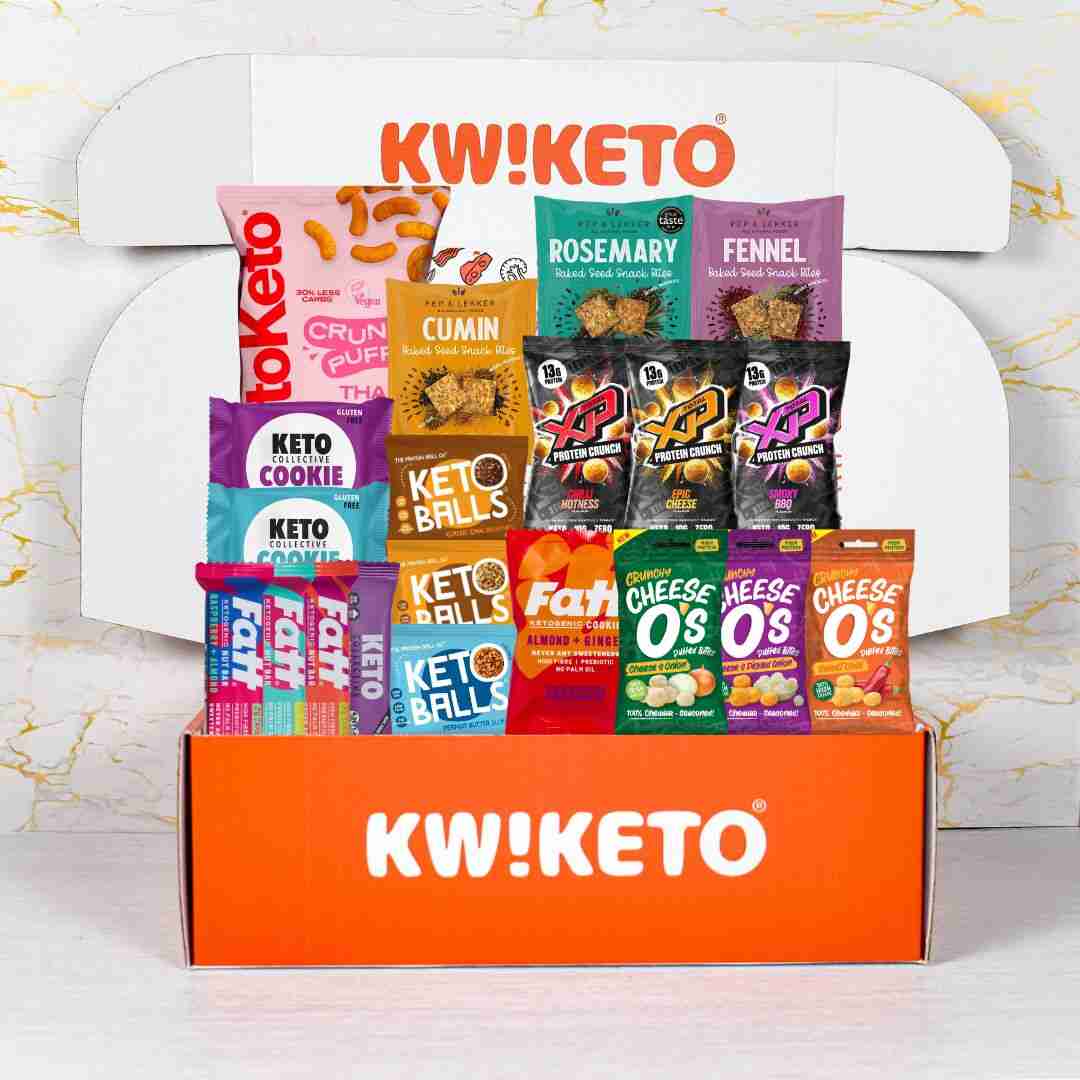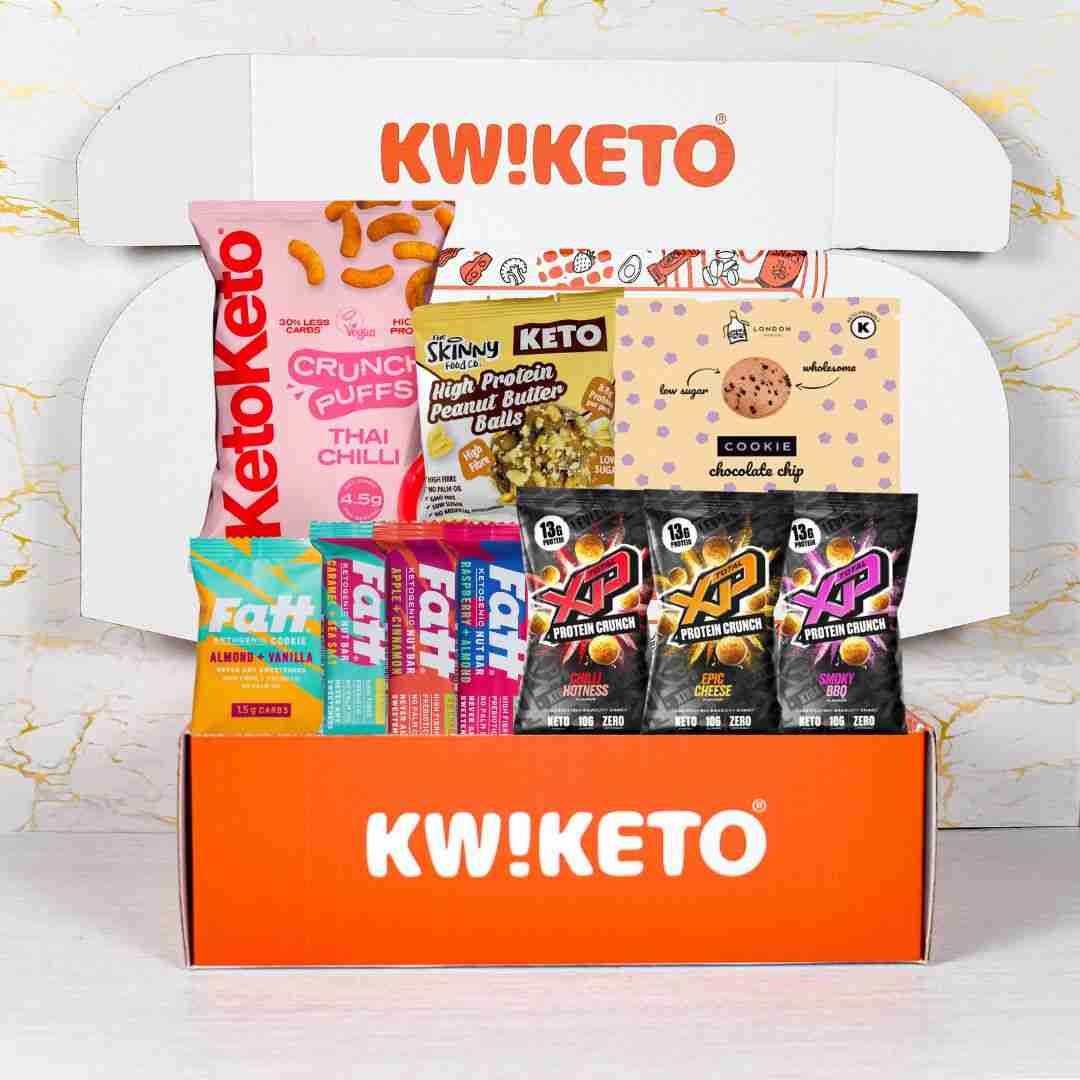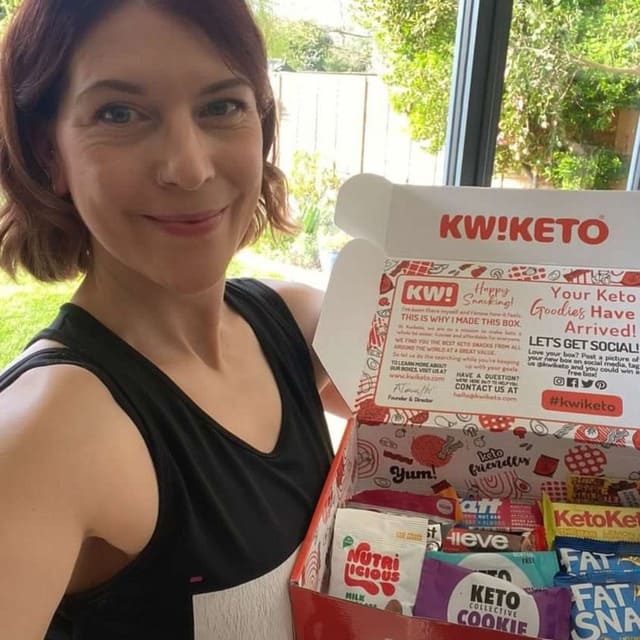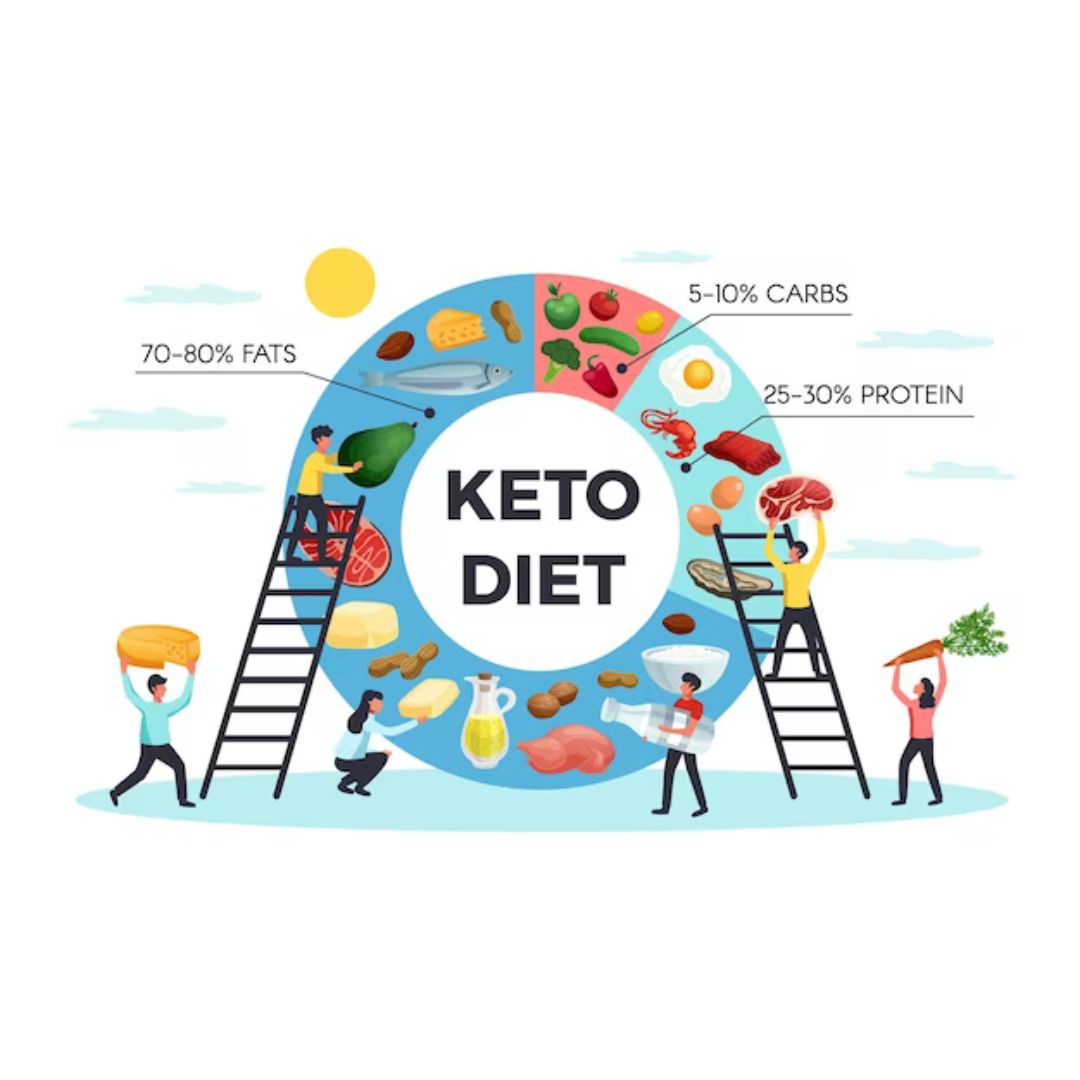
The Importance of Ketosis in a Keto Diet
How to Stay in Ketosis: A Comprehensive Guide for Success
The ketogenic diet has gained immense popularity in recent years, attracting health enthusiasts, celebrities, and Silicon Valley tech workers alike. This high-fat, low-carb diet has been praised for its potential weight loss benefits and its ability to address certain health conditions like depression and PCOS. However, achieving and maintaining a state of ketosis, where your body burns fat for fuel instead of carbohydrates, can be a challenge. In this comprehensive guide, we will explore practical tips and strategies to help you stay in ketosis and maximize the benefits of the ketogenic lifestyle.
Understanding Ketosis and Its Benefits
Before diving into the tips for staying in ketosis, let's briefly understand what ketosis is and why it is beneficial for our bodies. Ketosis is a metabolic state in which the body primarily relies on ketones, produced from fat, as its main source of energy. This shift in fuel utilization can lead to various health benefits, including:
-
Weight Loss: The ketogenic diet can be highly effective for weight loss due to its appetite-suppressing effects and the body's increased reliance on stored fat for fuel.
-
Improved Mental Clarity: Many individuals report increased mental clarity and focus when in a state of ketosis.
-
Enhanced Energy Levels: When your body becomes efficient at utilizing ketones, you may experience more sustained energy throughout the day.
-
Blood Sugar Regulation: The ketogenic diet can help stabilize blood sugar levels and improve insulin sensitivity, making it beneficial for individuals with type 2 diabetes or insulin resistance.
-
Reduced Inflammation: Ketones have been shown to have anti-inflammatory effects, which may benefit individuals with conditions such as arthritis or autoimmune diseases.
Now that we understand the benefits of ketosis, let's explore practical tips for staying in this metabolic state.
Tips for Staying in Ketosis
1. Minimize Carbohydrate Consumption
The cornerstone of achieving and maintaining ketosis is significantly reducing your carbohydrate intake. Ideally, aim for consuming fewer than 20 grams of net carbs per day, though some individuals may be able to tolerate slightly higher amounts. To put this into perspective, the average person typically consumes around 300 grams of carbohydrates daily. Therefore, adopting a ketogenic lifestyle requires a drastic reduction of about 90% in your carbohydrate intake.
To achieve this reduction, eliminate or minimize the consumption of high-carbohydrate foods such as bread, grains, cereals, rice, pasta, sugary desserts, jams, syrups, and sweetened beverages. Additionally, restrict your intake of starchy vegetables like potatoes and corn, as well as high-sugar fruits. Opt for low-carb alternatives and focus on consuming non-starchy vegetables, which are typically low in carbohydrates but rich in essential nutrients.
2. Prioritize Healthy Fats
Contrary to popular belief, the ketogenic diet is not about consuming excessive amounts of protein. Instead, it emphasizes the consumption of healthy fats as the primary source of energy. Including an adequate amount of healthy fats in your diet is essential for achieving and maintaining ketosis. These fats provide satiety, support hormone production, and contribute to overall well-being.
To ensure you consume enough fat, incorporate foods rich in monounsaturated and saturated fats into your meals. Avocado, olive oil, coconut oil, nuts, seeds, and fatty cuts of meat are excellent sources of healthy fats. Be mindful of portion sizes and aim for a balance between different types of fats to optimize nutritional intake.
3. Moderate Protein Intake
While protein is an essential macronutrient, consuming excessive amounts can hinder ketosis. When the body metabolizes protein, it can be converted into glucose through a process called gluconeogenesis. This can potentially disrupt ketosis by increasing blood sugar levels.
To maintain ketosis, regulate your protein intake by consuming moderate portions of high-quality sources such as grass-fed meats, poultry, fish, and eggs. Aim for a daily protein intake that aligns with your individual needs and goals, as excessive protein consumption can vary from person to person.
4. Stay Hydrated and Electrolyte Balanced
Proper hydration is crucial for overall health and plays a significant role in supporting ketosis. When transitioning into ketosis, your body excretes more water and electrolytes, leading to increased urination. This can result in dehydration and electrolyte imbalances if not adequately addressed.
To prevent these issues, prioritize adequate fluid intake and replenish electrolytes. Ensure you drink enough water throughout the day and consider adding electrolyte-rich foods or supplements to your diet. Options like bone broth, avocados, leafy greens, and mineral-rich salts can provide the electrolytes your body needs.
5. Minimize Snacking and Practice Intermittent Fasting
To optimize ketosis, minimize snacking and consider incorporating intermittent fasting into your routine. Constant snacking can disrupt the body's ability to tap into fat stores and maintain a state of ketosis. Instead, focus on consuming balanced meals that provide sustained energy and satiety.
Intermittent fasting, which involves cycling between periods of eating and fasting, can enhance ketosis by extending the duration of time your body spends in a fasted state. This allows your body to deplete glycogen stores and transition into fat-burning mode. Start with shorter fasting windows and gradually increase the duration as you adapt to this eating pattern.
6. Be Mindful of Hidden Carbohydrates
When following a ketogenic diet, it's crucial to be mindful of hidden carbohydrates in various food products. Many processed foods, condiments, and sauces contain added sugars or high-carb ingredients that can unknowingly kick you out of ketosis.
Read food labels carefully and educate yourself about hidden sources of carbohydrates. Pay attention to ingredients like sugar, corn syrup, maltodextrin, and other sweeteners. Opt for unprocessed, whole foods whenever possible, and prepare your meals at home to have better control over your carbohydrate intake.
7. Track Your Macronutrient Intake
Tracking your macronutrient intake is an effective strategy for staying in ketosis. By monitoring the amount of carbohydrates, protein, and fat you consume, you can make adjustments as needed to maintain your desired level of ketosis.
Several mobile apps and online tools are available to help you track your macronutrients. These tools provide valuable insights into your daily nutrient intake and can assist in identifying potential sources of hidden carbohydrates or imbalances in your diet.
8. Seek Support and Accountability
Embarking on a ketogenic lifestyle can be challenging, especially when faced with temptations or social situations that revolve around high-carb foods. Seeking support and accountability from like-minded individuals can greatly enhance your chances of staying in ketosis and achieving your health goals.
Consider joining online communities, participating in ketogenic diet forums, or connecting with a registered dietitian or nutritionist who specializes in low-carb, high-fat diets. Having a support system can provide motivation, guidance, and a sense of belonging on your ketogenic journey.
Conclusion
Staying in ketosis requires commitment, education, and a conscious effort to make healthy choices. By implementing these tips and strategies, you can maximize the benefits of the ketogenic diet and maintain a state of ketosis. Remember to prioritize whole, unprocessed foods, monitor your macronutrient intake, and seek support when needed. Embrace the ketogenic lifestyle as a long-term commitment to your health and well-being. Stay focused, stay motivated, and enjoy the journey to a healthier you!
Disclaimer: This article is for informational purposes only. It is not intended to provide medical advice or replace consultation with a qualified healthcare professional. Always consult with your healthcare provider or registered dietitian before making any changes to your diet or exercise routine.

